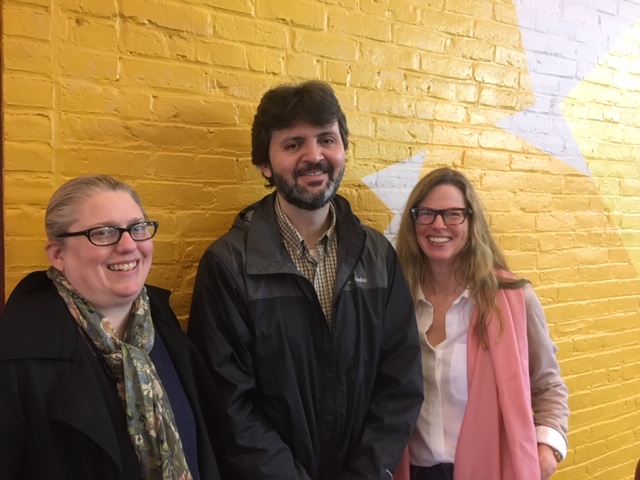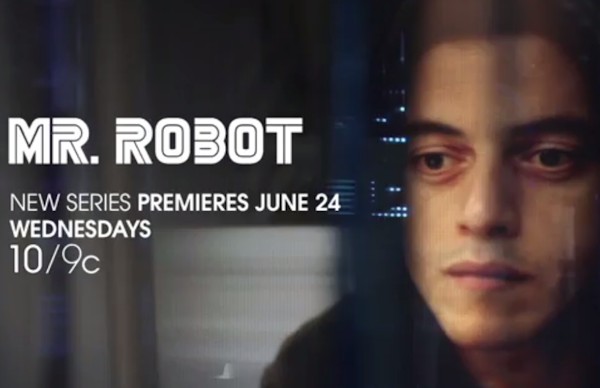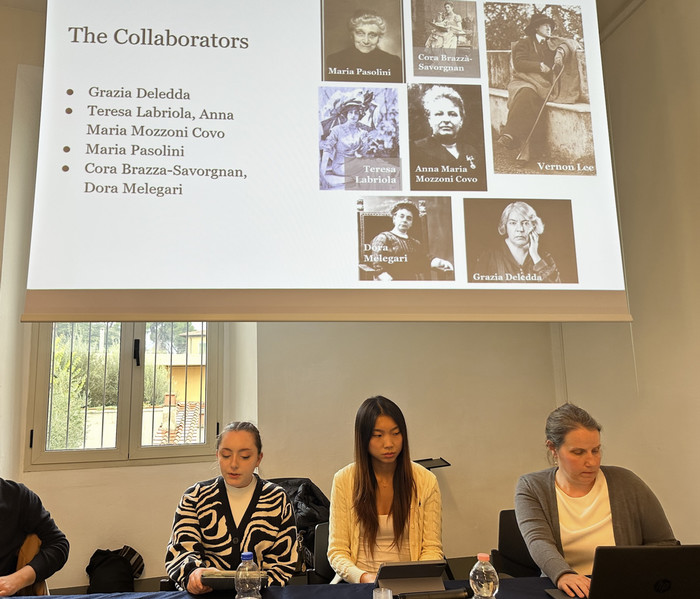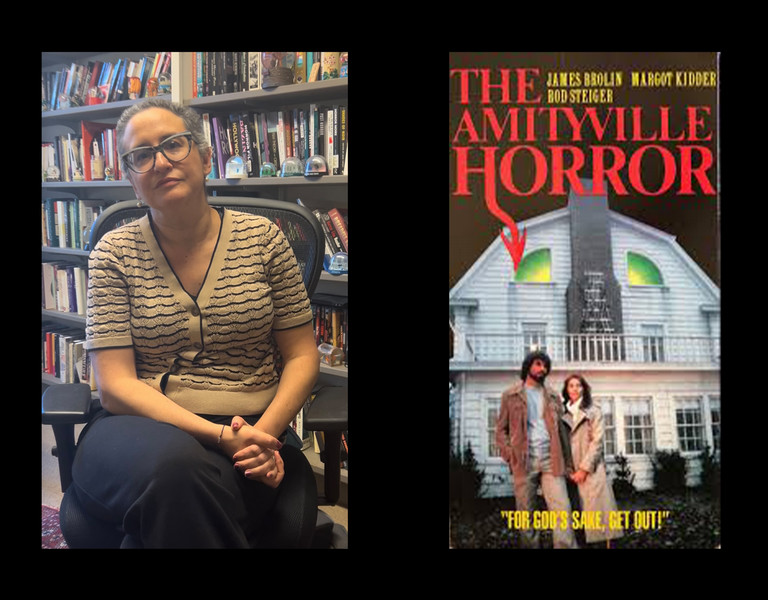Bowdoin Selected for Pioneering Computer Science Ethics Challenge
By Tom Porter“What does it mean to create a mechanism that enables you to stream video to social media whenever you want?” asks Postdoctoral Fellow in Digital and Computational Studies Fernando Nascimento. “Just because you have the bandwidth and processing power to do this, does it mean you should? What are the ethical consequences?”

To put these questions in context, Nascimento says, consider what happened at the Christchurch mosque in New Zealand earlier this year, when a gunman livestreamed an attack in which dozens of people were killed. Such ethical considerations, he explains, should be a crucial part of training the next generation of computer science professionals, and hopefully will be in the near future.
Nascimento, along with colleagues Stacy Doore, who is visiting assistant professor of computer science, and Allison Cooper, a scholar of Italian cinema who also works on computational film analysis, are preparing to work with students and CS faculty on a groundbreaking initiative to embed the teaching of computing ethics into the CS curriculum.
The initiative is part of a national effort called the Responsible Computer Science Challenge, spearheaded by the Mozilla Foundation, along with Omidyar Network, Schmidt Futures, and Craig Newmark Philanthropies. It’s a $3.5-million competition running through 2021 aimed at integrating ethics into undergraduate computer science curricula at American colleges and universities.
Bowdoin has been awarded $113,000 in grant funding to work on the development of teaching modules to help achieve this—one of seventeen schools across the country selected to take part in Stage 1 of the project. After the first stage, Bowdoin will be eligible to apply for more funding in Stage 2 next year.
“Starting in the summer, we will work with students and computer science faculty to identify areas in core courses, from intro classes to the teaching of algorithms and networks, where we can embed computing ethics modules,” explains Doore. “This is really different from simply having a single computing ethics course like the one I offer, which is more of a general overview of computing ethics in society.
"So instead of just teaching one course in the subject, the aim is to help students develop what we are calling an 'ethics sensibility,' so developers will be aware of the implications of their work from the outset. We also want to help computer science faculty feel more comfortable teaching this type of content within their technical courses by providing the pedagogical framework and instructional resources to do so.”
A key piece of the Bowdoin plan is a digital humanities project called Kinolab, overseen by Allison Cooper. As a cinema studies professor, she was already using Kinolab to create a digital repository for clips from movies and television shows to help her classes study filmmaking techniques. Now the platform has a new purpose, as Cooper collaborates with Doore and Nascimento to compile a searchable, annotated database of film and TV clips that illustrate what happens when technology is not deployed ethically.
"Instead of just teaching one course in the subject, the aim is to help students develop what we are calling an 'ethics sensibility,' so developers will be aware of the implications of their work from the outset." Stacy Doore.
“We will be focusing mostly on curating and annotating science fiction narratives, and three students were awarded fellowships to work on this,” says Cooper. “Julia Perillo ’22, Sam Grad ’21, and Caleb Eurich ’21 will be looking at compelling examples from contemporary TV shows like Mr. Robot (which is about a vigilante computer hacker) and classic sci-fi movies like The Matrix, doing some pretty vigorous analysis to try and understand which narratives best lend themselves to a course on, for example, computer networks.”
Also included in the project, will be other types of narratives about the creation and consequences of computing technologies such as interviews with tech industry CEOs talking about some of the difficult decisions they’ve made and the user platforms they’ve created.

Once the modules have been developed over the summer, they will be deployed by all the participating institutions and tested over the next academic year. After that, the aim is to hold a workshop at Bowdoin in the summer of 2020 to teach more computer science faculty in the New England region about how to embed computing ethics in the core CS curriculum.
“Bowdoin is in a particularly good position to tackle a project like this,” says Nascimento, “because the liberal arts environment lends itself to the integration of subjects like computer science with the humanities.” He also points out that the issue of ethics in the digital world is one of the questions being asked as a result of an initiative already underway at the College. A working group formed by President Clayton Rose issued a report last year considering the question “What knowledge, skills, and creative dispositions (KSCD) do we want every student who graduates ten years from now to possess?” Among the report’s key recommendations were a commitment to digital and computational literacy and the promotion of ethical judgment.



